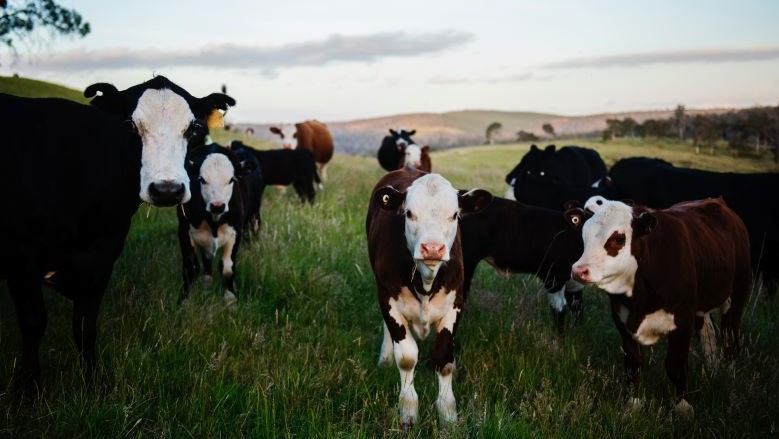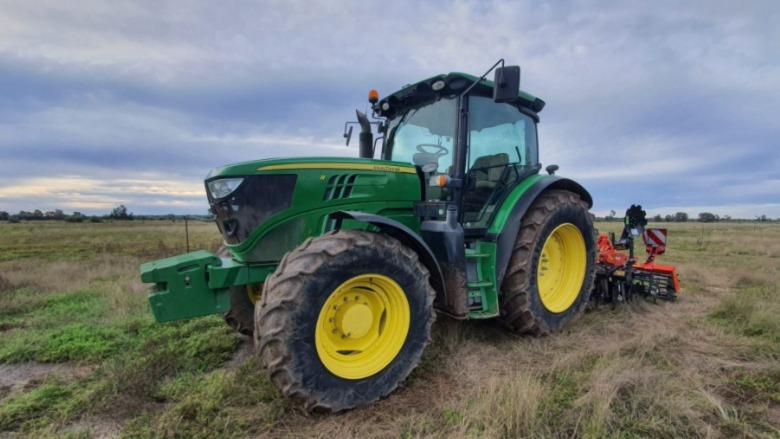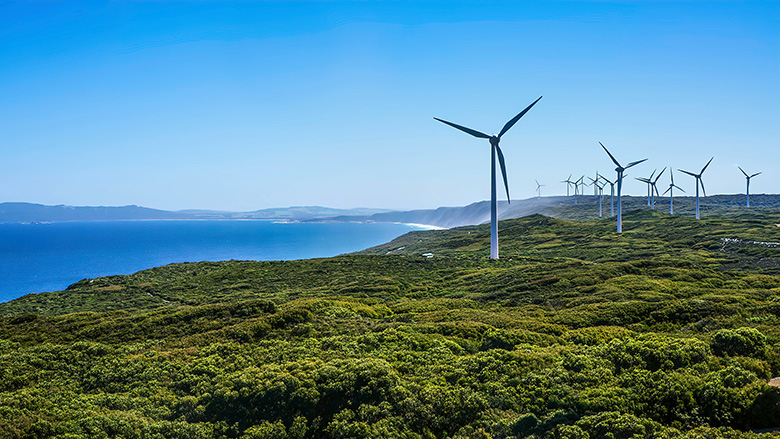AgriFutures Australia General Manager Business Development Michael Beer said Asparagopsis farming was still in its infancy, with no large-scale production currently in Australia.
“With greater control over the operating environment including water quality, temperature and harvesting frequency, within a terrestrial aquaculture system, it could become the dominant production system for Asparagopsis,” Mr Beer said.
“Terrestrial aquaculture systems are likely to have quite different establishment and ongoing cost structures to ocean-based ones. Scale will undoubtedly drive down the costs of establishing and operating these facilities.”
Commonwealth Bank General Manager Agribusiness Carmel Onions said Asparagopsis could be a significant contributor to the Australian red meat and livestock industry’s goal to achieve carbon neutrality by 2030.
“Cattle make up a key segment of Australian agriculture and are our largest agricultural export,” Ms Onions said.
“The sustainable development of the livestock industry is recognised as an important part of the solution to address the complex challenges of sustainable food production to feed a rising global population.
“Commonwealth Bank is committed to the transition to net zero emissions by 2050 and is proud to support research that drives innovation by Australian farmers and the agricultural sector to develop new techniques in sustainable farming.”
Things you should know:
The ‘Scoping study of the capital requirements for commercial production of Asparagopsis for methane reduction in cattle’ report (the report) has been published for general informational purposes only. The Bank believes that the information in the report is correct and any opinions, conclusions or recommendations are reasonably held or made, based on the information available at the time of its compilation, but no representation or warranty, either expressed or implied, is made or provided as to accuracy, reliability or completeness of any statement made in the report. Any opinions, conclusions or recommendations set forth are subject to change without notice. Any projections and forecasts are based on a number of assumptions and estimates and are subject to contingences and uncertainties. Different assumptions and estimates could result in materially different results. The Commonwealth Bank does not accept any liability for loss or damage arising out of the use of all or any part of the Report.




